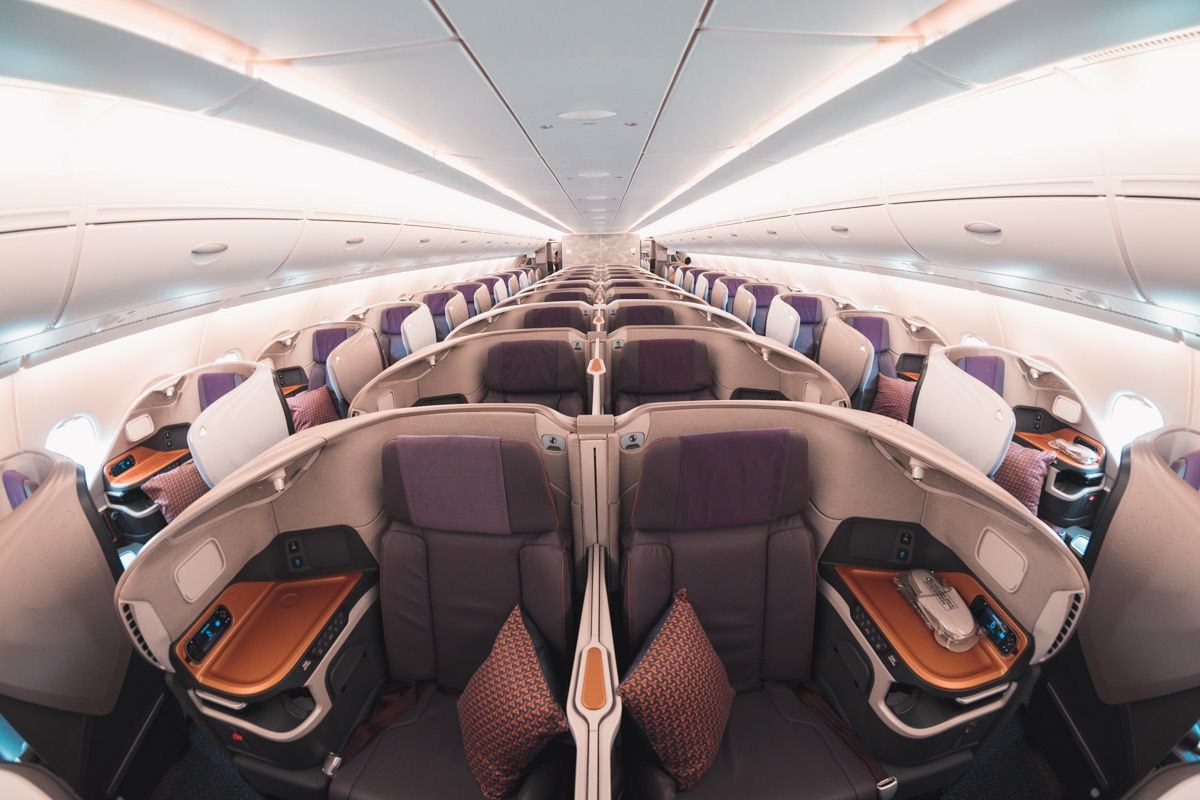
In the fast-paced world of travel, seamless integration between airlines and hotels is becoming increasingly crucial. This synergy not only improves operational efficiency but also enhances the overall traveler experience. In this blog post, we’ll explore the benefits of such integrations, the technology behind them, and how they can revolutionize the way we travel.
The Importance of Integration
1. Streamlined Booking Processes
One of the most significant advantages of seamless integration is the simplification of the booking process. Travelers can now book flights and accommodations in one go, saving time and effort. This convenience reduces the risk of double bookings and ensures that travelers have everything arranged for their trip.
2. Enhanced Customer Experience
When airlines and hotels work together, it creates a smoother experience for travelers. For instance, when a flight is delayed or rescheduled, integrated systems can automatically notify hotels about changes, allowing for easy adjustments to reservations. This level of communication fosters a sense of reliability and care, ultimately enhancing customer satisfaction.
3. Personalized Travel Experiences
Seamless integration allows companies to collect and analyze traveler data more effectively. By understanding preferences and behaviors, airlines and hotels can offer personalized recommendations, such as room upgrades or tailored travel packages. This personalization not only increases customer loyalty but also encourages repeat business.
Technology Driving Integration
1. API (Application Programming Interface)
APIs are at the heart of seamless integration between airlines and hotels. They allow different systems to communicate and share data in real time. For example, when a traveler books a flight, the airline's system can automatically push that information to the hotel’s booking system, ensuring all details are synchronized.
2. Cloud-Based Solutions
Cloud technology plays a vital role in enhancing integration capabilities. By storing data in the cloud, airlines and hotels can access and share information instantly, regardless of location. This accessibility is crucial for real-time updates, ensuring that travelers receive timely notifications about their bookings.
3. Mobile Applications
Mobile apps have transformed the way travelers manage their trips. Many airlines and hotels now offer integrated apps that allow users to view and modify their bookings, check flight statuses, and receive personalized alerts. These apps create a cohesive travel experience and keep travelers informed every step of the way.
Future Trends
1. AI and Machine Learning
As technology continues to evolve, AI and machine learning will play an increasingly significant role in travel integration. These technologies can analyze vast amounts of data to predict traveler preferences and suggest tailored options. For instance, an AI-powered system could recommend specific hotels based on a traveler’s past behavior and preferences.
2. Enhanced Sustainability Efforts
With a growing emphasis on sustainability in travel, airlines and hotels are looking for ways to collaborate on eco-friendly practices. Seamless integration can help track carbon footprints, promote sustainable travel options, and encourage travelers to make environmentally conscious choices.
Conclusion
Seamless integration between airlines and hotels is not just a technological advancement; it’s a fundamental shift in how the travel industry operates. By enhancing booking processes, improving customer experiences, and leveraging cutting-edge technology, this integration can significantly elevate the way we travel. As we move forward, embracing these innovations will be key to meeting the evolving needs of travelers and ensuring a smooth, enjoyable journey.





